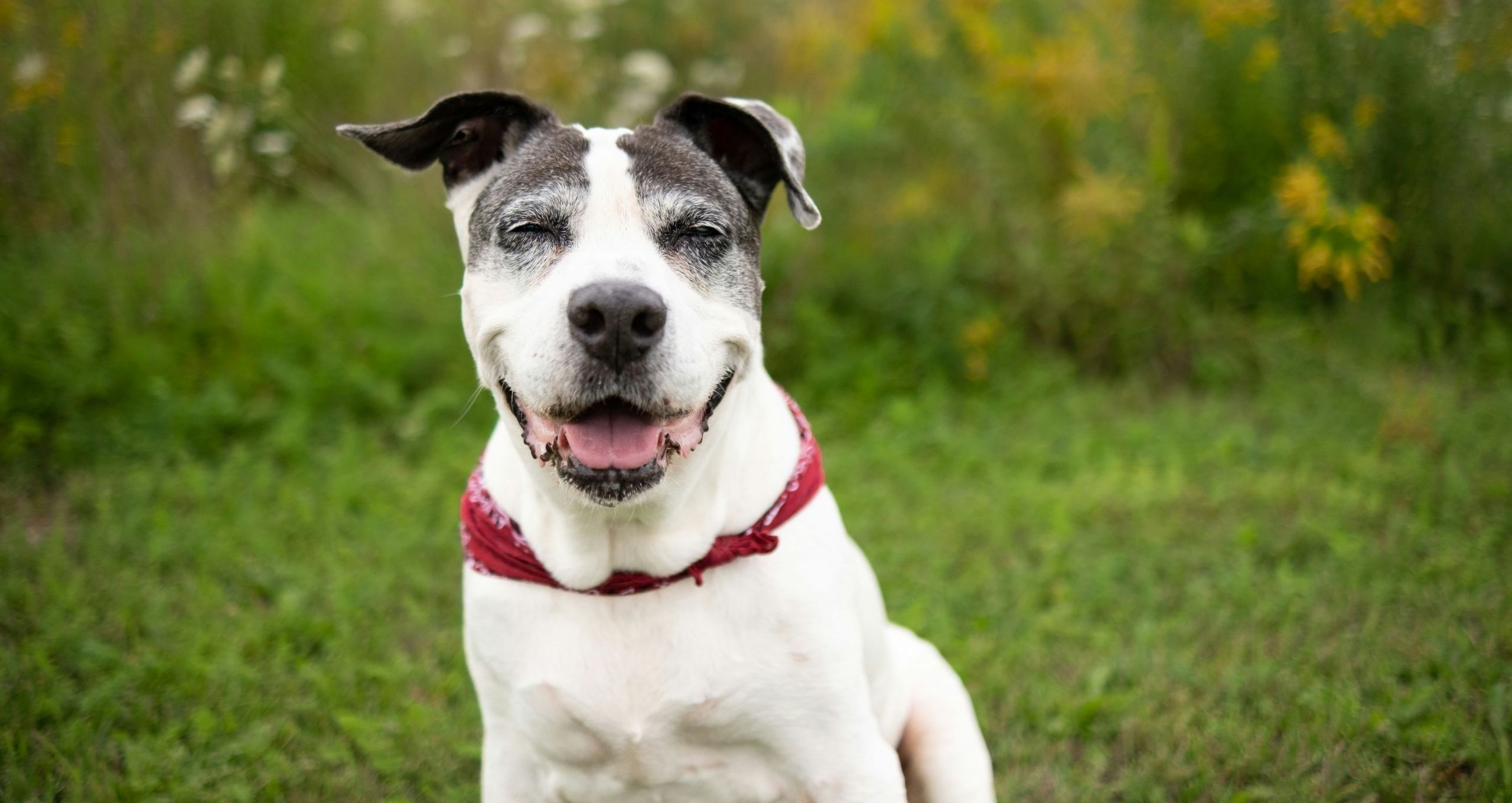Caring for Geriatric Pets

As our beloved dogs and cats age, they often become frail and may develop conditions that require more intensive care. This stage in their lives can be challenging for both pets and their human companions, leading to what is known as “caregiver burden.” Understanding the signs of aging, available management options, and the importance of veterinary diagnostics can help ensure your senior pet enjoys a comfortable and fulfilling life.
Recognizing the Aging Process in Pets
Aging is a natural part of life, but it can bring about various physical and behavioral changes in pets. Common signs of aging include:
- Reduced Mobility: Difficulty climbing stairs, jumping onto furniture, or walking long distances.
- Changes in Appetite or Drinking Habits: Decreased or increased food and water intake.
- Behavioral Changes: Increased irritability, confusion, or changes in litter box habits.
- Weight Fluctuations: Unexplained weight loss or gain.
- Dental Issues: Bad breath, difficulty chewing, or drooling.
These signs may indicate underlying health issues that require attention.
Managing Age-Related Conditions
Several conditions are prevalent in senior pets but can be managed with appropriate care:
- Arthritis: Common in aging pets, leading to pain and reduced mobility. Management includes weight control, joint supplements, pain relief medications, and physical therapy.
- Dental Disease: Can cause pain and affect overall health. Regular dental check-ups, cleanings, and at-home dental care are essential.
- Cognitive Dysfunction Syndrome (CDS): Similar to dementia in humans, CDS can cause confusion and anxiety. Treatment may involve medications, dietary changes, and environmental enrichment.
- Chronic Diseases: Conditions like kidney disease, diabetes, and heart disease require ongoing management through medication, diet, and regular monitoring.
Veterinary Diagnostics for Senior Pets
Regular veterinary visits are crucial for early detection and management of age-related conditions. Recommended diagnostics include:
- Complete Blood Count (CBC) and Chemistry Panel: To assess overall health and organ function.
- Urinalysis: To detect urinary tract infections or kidney issues.
- Blood Pressure Measurement: To check for hypertension, which is common in older pets.
- Thyroid Testing: To screen for thyroid disorders.
- Imaging: X-rays or ultrasounds to evaluate internal organs and detect abnormalities.
These tests help in tailoring a management plan specific to your pet’s needs.
Developing a Care Plan with Your Veterinarian
Collaborating with your veterinarian is vital in creating a care plan that balances your pet’s health needs with your ability to provide care. Considerations include:
- Financial Resources: The cost of treatments and medications.
- Time Commitment: The time required for administering treatments and providing care.
- Emotional and Physical Energy: The impact of caregiving on your well-being.
Your veterinarian can guide you in making informed decisions that align with your capabilities and your pet’s needs.
Enhancing Your Pet’s Quality of Life
Improving your senior pet’s environment and routine can significantly enhance their quality of life:
- Comfortable Resting Areas: Provide orthopedic beds and ensure easy access to favorite resting spots.
- Mobility Aids: Use ramps or stairs to assist with movement.
- Enrichment Activities: Engage in gentle play and provide mental stimulation through interactive toys.
- Consistent Routine: Maintain regular feeding, exercise, and medication schedules to reduce anxiety.
Caring for a geriatric pet requires patience, understanding, and a proactive approach. By recognizing the signs of aging, managing health conditions, utilizing veterinary diagnostics, and developing a comprehensive care plan, you can ensure your senior pet enjoys their golden years with comfort and dignity. Remember, your veterinarian is a valuable partner in this journey, offering guidance and support tailored to your pet’s unique needs.